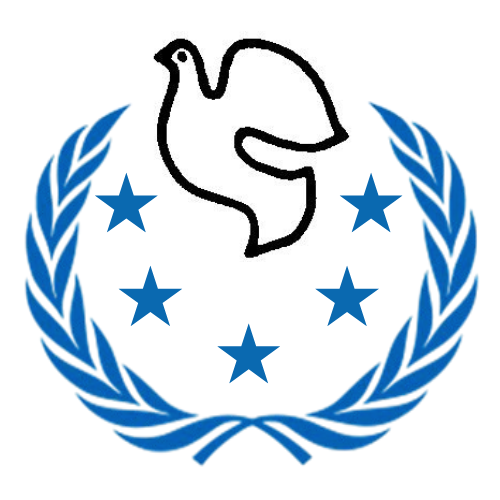Human Rights Violations in Bangladesh by the Fascist Regime of Sheikh Hasina and Her Government: 2008–2024
Since Sheikh Hasina came to power in 2008, Bangladesh has seen a steady erosion of human rights and democratic freedoms, with her government accused of numerous violations. Critics, both within the country and abroad, have increasingly described her regime as authoritarian, pointing to the suppression of political opposition, curtailing of free speech, extrajudicial killings, enforced disappearances, and the targeting of journalists and activists. The period from 2008 to 2024 has been marked by a crackdown on civil liberties, with the ruling Awami League consolidating power through controversial policies and heavy-handed tactics.
Political Suppression and Crackdown on Opposition
One of the most prominent features of Sheikh Hasina’s governance has been her repression of political opposition. Her primary political adversary, the Bangladesh Nationalist Party (BNP) and its leader, Begum Khaleda Zia, have faced systematic harassment. Many senior BNP leaders have been jailed or banned from running for office under questionable charges, including corruption and terrorism. In the 2014 and 2018 elections, opposition parties accused the government of rigging the vote, using state machinery to intimidate voters, and engaging in violence against political rivals. This was compounded by a growing number of political arrests and the silencing of dissent within the parliament.
Targeting of Media and Journalists
Freedom of the press in Bangladesh has drastically deteriorated during Hasina’s rule. Investigative journalists, in particular, have been targeted for reporting on corruption, human rights abuses, and government policies. Journalists have faced harassment, arrest, and even physical violence for their work. In 2018, the government passed the Digital Security Act, which has been widely criticized for being used to muzzle online criticism. Under this law, journalists, bloggers, and social media users have been arrested and charged for posting content deemed critical of the government. High-profile arrests like that of journalist Shahidul Alam in 2018, who was detained for criticizing the government’s handling of student protests, have drawn international condemnation.
Enforced Disappearances and Extrajudicial Killings
Perhaps the most alarming aspect of human rights violations under Hasina’s government is the widespread occurrence of enforced disappearances and extrajudicial killings. Rights organizations such as Human Rights Watch and Amnesty International have repeatedly raised concerns over the activities of Bangladesh’s security forces, particularly the Rapid Action Battalion (RAB). These forces have been accused of kidnapping political opponents, activists, and human rights defenders, holding them in secret detention, and sometimes executing them without trial. The “crossfire” killings, a term used by authorities to describe alleged shootouts between police and criminals, are widely believed to be a cover for extrajudicial executions, with thousands of deaths reported over the past decade.
Suppression of Civil Society and the Rule of Law
The Hasina government has also been accused of undermining Bangladesh’s judiciary and manipulating the legal system for political gain. The independence of the judiciary has been compromised, and judges who have ruled against the government’s interests have been intimidated or removed from office. Furthermore, many human rights activists and civil society organizations critical of the government have faced harassment, threats, and arrests. The freedom of assembly has been severely restricted, with opposition protests often met with police brutality and violence.
International Criticism and Accountability
The international community has regularly condemned the human rights violations occurring in Bangladesh, particularly the repression of political opposition, media, and civil society. International organizations such as the United Nations, Human Rights Watch, and Amnesty International have called on the Hasina government to respect human rights, uphold democratic principles, and hold perpetrators of abuses accountable. However, despite mounting pressure, Sheikh Hasina’s government has largely remained defiant, accusing foreign critics of interfering in Bangladesh’s internal affairs.
Conclusion
From 2008 to 2024, Sheikh Hasina’s government in Bangladesh has faced growing international and domestic criticism for its systematic violation of human rights. The regime’s tactics—political repression, media censorship, extrajudicial killings, and suppression of civil society—have undermined the foundations of democracy and the rule of law in the country. While Bangladesh has made significant strides in some areas, including economic growth, the government’s authoritarian tendencies and disregard for human rights have cast a long shadow over its development. The continuing violations remain a major challenge to Bangladesh’s future as a democratic and free society.
